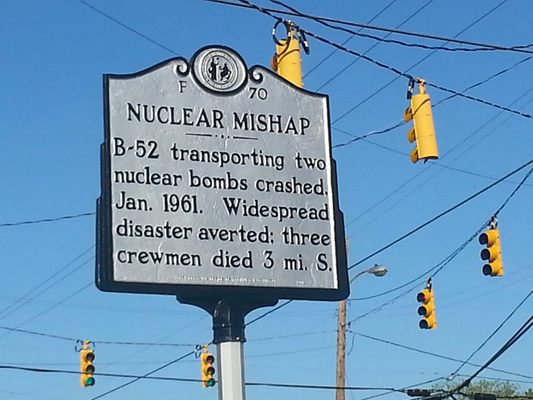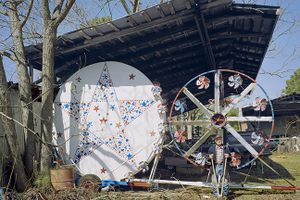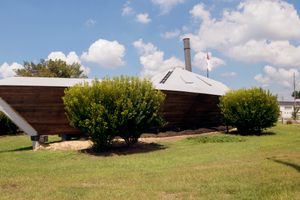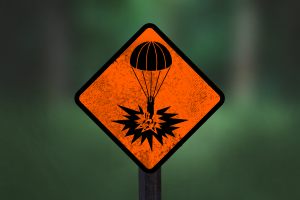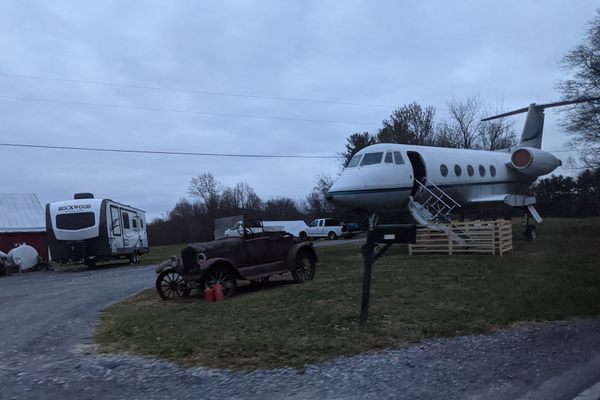About
January 24, 1961, began as a normal day. But for the eight crewmen aboard the nuclear bomb-carrying B-52G that had taken off from Seymour Johnson Air Force Base, things soon took a turn for the worse.
A leak in the plane’s right wing put a wrench in the crew’s plans to refuel in midair. They had been commanded to fly a holding pattern until the problem could be solved. Unfortunately, the leak had gotten worse, and the crew members were told to fly back to the Air Force base.
As the plane headed back to base, the pilot lost control of the plane and ordered the crew to eject themselves. Five of the crew successfully bailed out and survived, two of them died in the crash, and the other one ejected but perished during the landing. The plane crashed in a small town called Faro.
The two nuclear bombs the plane had been transporting were released before the aircraft crashed. Amazingly, neither bomb detonated, which would have been catastrophic. A parachute had deployed on one of the bombs, and the other plowed into the ground at 700 miles per hour and disintegrated on impact without ever detonating.
The Navy tried to excavate the second bomb, but flooding prevented it from fully doing so. Some uranium and plutonium is still left in the ground. In 2012, North Carolina put up this road marker three miles north of the crash site to commemorate the incident.
Related Tags
Know Before You Go
The crash site itself has a grove of trees around the buried bomb.
Community Contributors
Added By
Published
April 19, 2018
